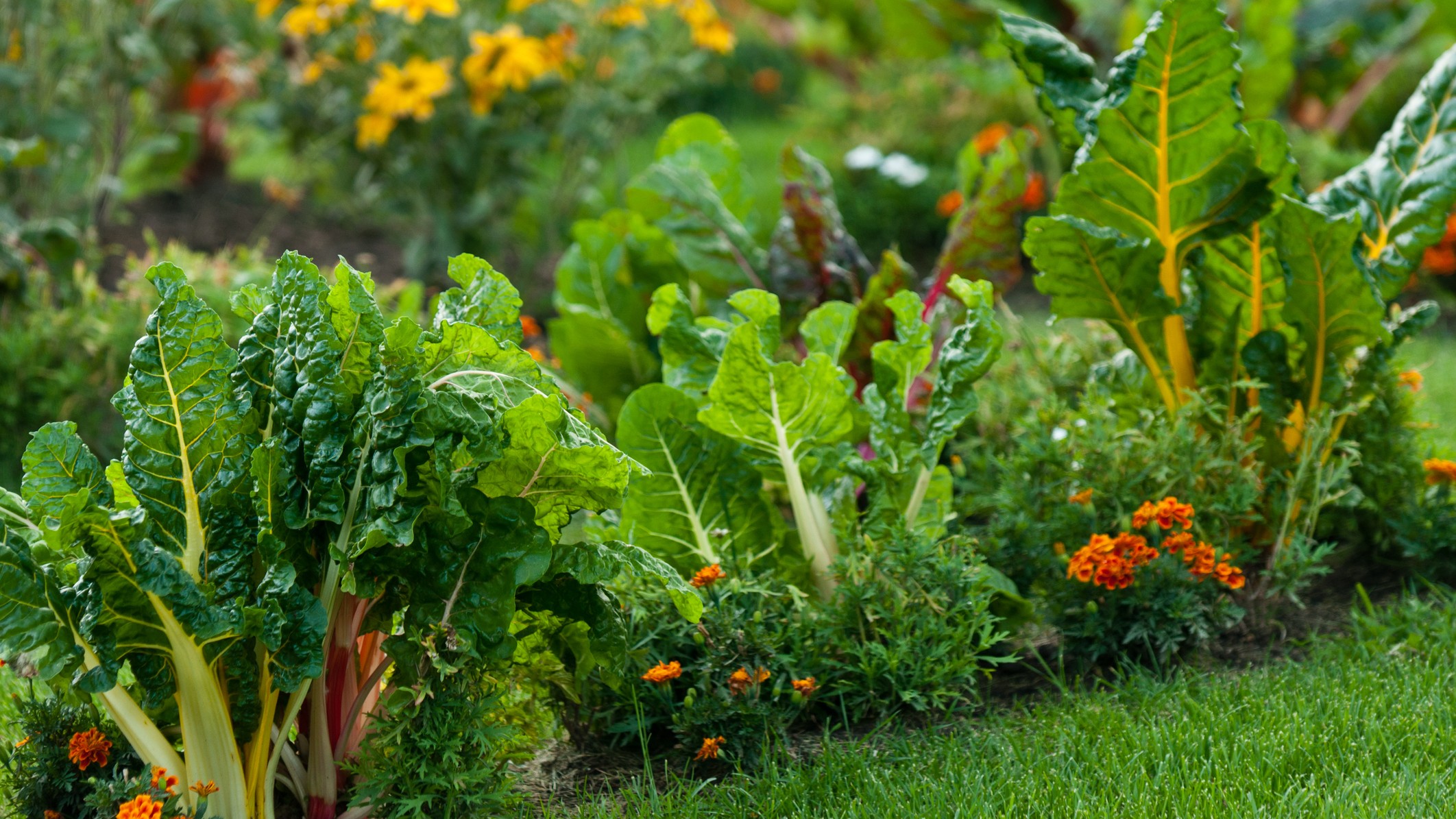Companion Vegetables: Nature’s Way of Creating a Thriving Garden

(Pomona, New York) June 10, 2025 — Whether you’re planting your first tomato or growing a complete backyard harvest, the success of your vegetable garden often depends on more than just seeds and soil. At Down to Earth Living in Pomona, gardeners can find everything they need, from young vegetable plants to expert advice, to make this growing season fruitful.
What is Companion Planting?
Companion planting is a time-tested gardening method that pairs vegetables, herbs, and flowers together to enhance growth, deter pests, improve flavor, and maximize space.
Classic Companion Pairings
One of the most famous examples of companion planting is the “Three Sisters” method used by Native American tribes. This method combines corn, beans, and squash. Corn acts as a natural trellis for the beans, beans fix nitrogen in the soil, and squash provides ground cover to prevent weeds and retain moisture.
Other classic combinations include:
Tomatoes and Basil: Basil repels pests and enhances tomato flavor.
Carrots and Onions: Onions can deter carrot flies, while carrots loosen the soil.
Cucumbers and Nasturtiums: Nasturtiums lure aphids and cucumber beetles away from cucumbers.
Lettuce and Radishes: Radishes mature quickly and help break up the soil for slower-growing lettuce.
Plants That Don’t Get Along
Not all plants make good neighbors. For example, beans should not be planted near onions or garlic, as alliums can stunt growth. Similarly, potatoes and tomatoes share many of the same pests and diseases and should be grown apart to avoid attracting infestations.
Pest Control and Pollination
One significant benefit of companion planting is natural pest control. Marigolds, for example, repel nematodes and aphids. Garlic can deter Japanese beetles, and dill attracts beneficial insects like ladybugs and lacewings that feast on garden pests.
On the flip side, flowers like calendula and borage attract bees and other pollinators, improving yields for fruits and vegetables that require pollination.
Maximizing Garden Space
Companion planting cleverly maximizes garden space. Tall plants cast shade on sun-sensitive crops, and fast growers reach maturity and get harvested before slower ones need more room. For example, gardeners can plant spinach or lettuce beneath peas or corn to take advantage of early season shade.
Plan Your Garden with Local Support
Down to Earth Living in Pomona stocks a variety of companion plants, seeds, and supplies to help gardeners grow sustainably. Their knowledgeable team can recommend the right pairings to naturally boost yields and health without chemicals. Visit them this season for expert help and everything you need to grow bright, healthy, and sustainably.
Down to Earth Living Garden Center, located in Pomona in Rockland County, offers 12.5 acres filled with perennials, flowers, shrubs and trees, with new arrivals every week. The 10,000 square foot showroom also houses a large and unique selection of contemporary, classic, traditional, and transitional teak, aluminum and all-weather dining and deep-seated furniture. The center is open 9 – 5 every day and is located near Bergen County at 1040 Route 45. Phone number is 845-354-8500. Website is www.dteliving.com for more information.